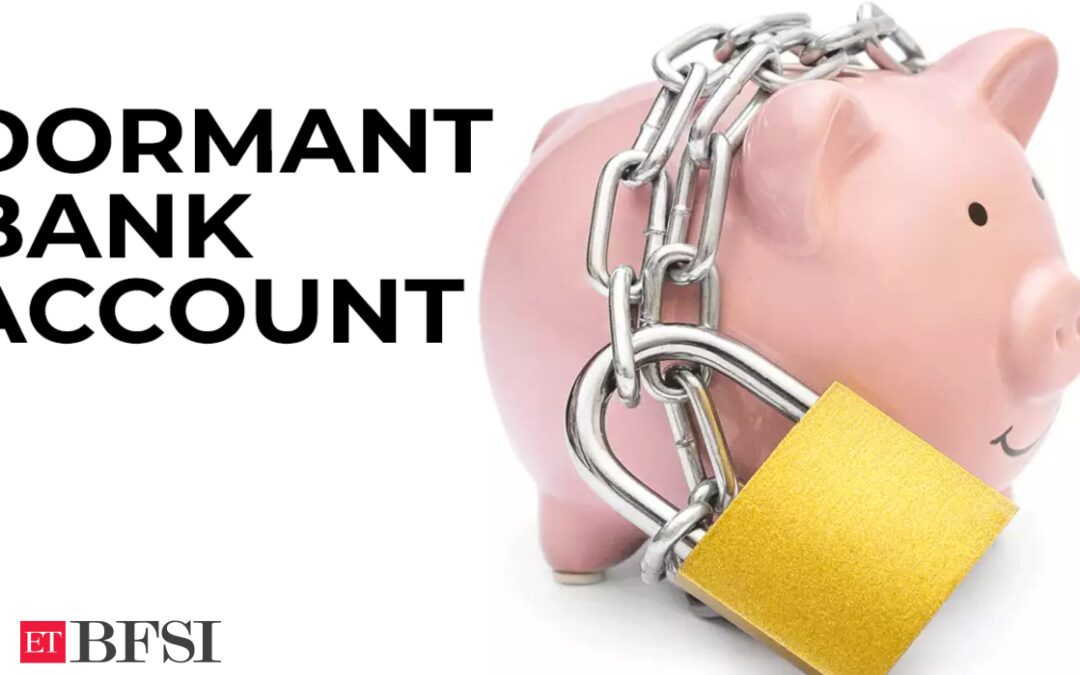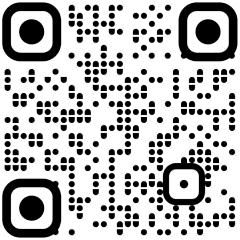Have a dormant bank account? The Reserve Bank of India (RBI) has rules for inactive bank accounts. Here’s an overview of what this means and how to avoid penalties.
Recognising dormancy
A bank account, whether it’s a savings or current account, becomes dormant if there are no customer-initiated transactions, both financial and non-financial, for a period exceeding two years. Non-financial transactions include actions like changing transaction limits, requesting cheque books or cards, or simply checking the balance.
Notification from the bank
Banks are obligated to inform customers about the status of their account if no transactions occur for a year. Notifications can be sent via letters, emails, or SMS. These alerts serve as a warning, indicating that the account will be classified as ‘inoperative’ if no activity takes place within the next year.
Consequences of dormancy
Once an account becomes dormant, account holders lose the ability to perform any transactions, whether financial or non-financial. However, the balance in the account remains safe and continues to accrue interest at regular intervals, states an ET report.
Reactivating a dormant bank account
The Reserve Bank of India has simplified the process of activating a dormant account. You can reactivate it by re-submitting identification documents. For joint accounts, both holders need to provide their photographs, PAN cards, proof of address, and proof of identity. Once submitted, the bank will inform you via SMS and email that your account is active again based on the KYC documents provided.
Charges and penalties
There are no fees for reactivating dormant accounts, and banks cannot impose penalties for not maintaining minimum balances in such accounts. It’s important to note that banks must still pay interest on savings accounts regularly, regardless of whether the account is active or not.
Handling unclaimed deposits
Money left untouched in a bank account for ten years or longer, or funds remaining unclaimed for the same period, are termed unclaimed deposits. After this time, banks transfer these funds to the Depositor Education & Awareness (DEA) Fund overseen by the RBI.
Recovering unclaimed deposits
The money in the deposit account will not be forfeited. Bank branches provide separate forms for reclaiming unclaimed deposits. There are specific procedures for the depositor or their nominee/legal heir to follow, especially in the event of the depositor’s death. Banks keep a record of inoperative accounts and unclaimed deposits to facilitate this process.
Keeping accounts active
To keep your account active and avoid any issues, it’s important for account holders to make transactions—either financial or non-financial—regularly, at least once a year. If interest from fixed deposits is credited to your savings account, even if you don’t use it for transactions, it will still be considered active.
(With inputs from Centre for Investment Education and Learning content which appeared in Economic Times)









